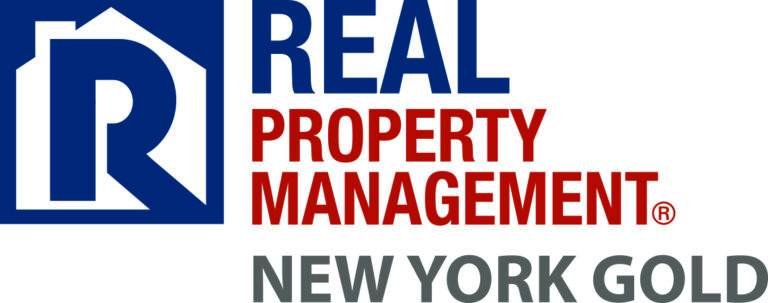Navigating Commercial Real Estate Listings: A Guide to Smarter Investment Decisions
Searching for commercial real estate listings can feel like unlocking the gateway to your next big opportunity. Whether you’re a seasoned investor, a small business owner, or someone exploring retail or industrial spaces, the right listing could shape your financial future. Commercial property includes everything from office spaces and retail storefronts to warehouses and multifamily developments. In an economy where location, timing, and strategy matter, understanding how to use listings effectively becomes essential. This guide breaks down how to evaluate listings, what to look for, and how to make informed, confident decisions in a complex market.
What Makes a Commercial Listing Worth Your Attention?
Not all commercial real estate listings are created equal. A valuable listing will include detailed property specifications, zoning types, income potential, and surrounding demographic data. Look for listings that provide clear visuals, recent renovations, and traffic counts if retail visibility is crucial. Also consider lease terms, cap rate estimates, and whether the listing has existing tenants. These elements give you the insight needed to gauge whether a property aligns with your business goals or investment criteria.
How to Use Online Platforms to Compare Listings Effectively
Online tools have revolutionized how investors and buyers access commercial listings. Websites like LoopNet, CREXi, CityFeet, and even Zillow’s commercial section allow for filters based on size, location, use type, and price. To make the most of your search, start by narrowing your parameters to avoid wasting time. Then, save favorites and set alerts for new properties. Use satellite views to understand proximity to infrastructure, competition, or development zones. This digital-first approach makes comparing options more efficient and strategic.
Commercial Listings vs. Residential: What Should You Know?
Unlike residential listings, commercial properties often require a deeper understanding of cash flow, zoning regulations, and tenant agreements. These listings typically include financials such as gross rent, operating expenses, and net operating income. While residential real estate focuses on livability, commercial listings emphasize profitability and business viability. It’s important to have a grasp on lease types like triple net (NNN) or gross leases and how they affect your potential return.
Common Mistakes to Avoid When Browsing Listings
One of the most common pitfalls is getting distracted by aesthetic appeal and ignoring location fundamentals. A polished building in a low-traffic area might not generate the revenue you need. Also, don’t assume every listing includes all the information you need. Always ask for utility reports, tenant rosters, or environmental impact assessments. Avoid overcommitting based on vague descriptions or missing financials. Due diligence is key when evaluating any commercial real estate opportunity.
How to Work with Brokers to Uncover Hidden Gems
While online listings provide visibility, seasoned commercial brokers often have access to off-market properties or upcoming listings. Developing a relationship with a broker in your target area can give you an edge. Share your investment criteria or business needs clearly, and they can help filter options based on insider knowledge. They may also assist with negotiations, zoning reviews, and lease structuring making your search for commercial real estate listings more targeted and successful.
FAQs About Commercial Real Estate Listings
Can I find commercial real estate listings without a broker?
Yes, platforms like LoopNet, CREXi, and Realtor.com Commercial allow public access to listings, though brokers may offer exclusive deals.
Are commercial listings updated frequently?
Most reputable platforms update listings daily or weekly, but it’s wise to double-check availability before making decisions.
What’s the best way to compare multiple commercial listings?
Create a spreadsheet that compares property size, location, price per square foot, cap rate, and tenant mix to evaluate side by side.
Should I focus on listings that are already income-producing?
That depends on your investment goals. Turnkey properties offer immediate returns, while vacant buildings may present higher long-term gains.
How do I assess zoning and compliance from a listing?
Listings often note the zoning type, but confirm details with the local planning department to avoid legal issues post-purchase.




